- Floatech, the first spin-off of IMDEA Materials, has launched its new pilot plant, enabling the production and supply of silicon electrodes that enhance battery performance.
- The inauguration was attended by representatives from government and industry, who praised Floatech as an example of a “Deep Tech” company in the sustainable mobility sector.
The Minister of Education, Science, and Universities of the Community of Madrid, Emilio Viciana, highlighted Floatech as “the best example of how the high-quality research conducted by the IMDEA Institutes leads to real results that reach companies and the economy.”
Viciana made the remarks after inaugurating Floatech’s pilot plant, the first spin-off born from IMDEA Materials and a benchmark in the production of silicon anodes for next-generation lithium-ion batteries.
The event took place yesterday in Getafe and was attended by prominent government and industry representatives, including Viciana; Sara Hernández, Mayor of Getafe; Fernando Celaya, CEO of Floatech; Francisco Badía from Grow Venture Partners; Dr. Andrés Ubierna, Head of Technology Business Capitalization at CDTI; and Prof. José Manuel Torralba, Director of IMDEA Materials.
Founded in 2021, Floatech specializes in manufacturing silicon anodes capable of storing up to ten times more charge than conventional materials. This type of anode allows for the manufacture of batteries that charge more quickly and which are longer-lasting, lighter, and safer.
“Sustainable mobility today is synonymous with progress and quality of life in our cities and immediate environments; it is also synonymous with innovation,” said Hernández.
“In Getafe, we are creating all the necessary conditions to foster an innovation ecosystem, facilitating the transfer of knowledge from research centres to practical applications,” she added.
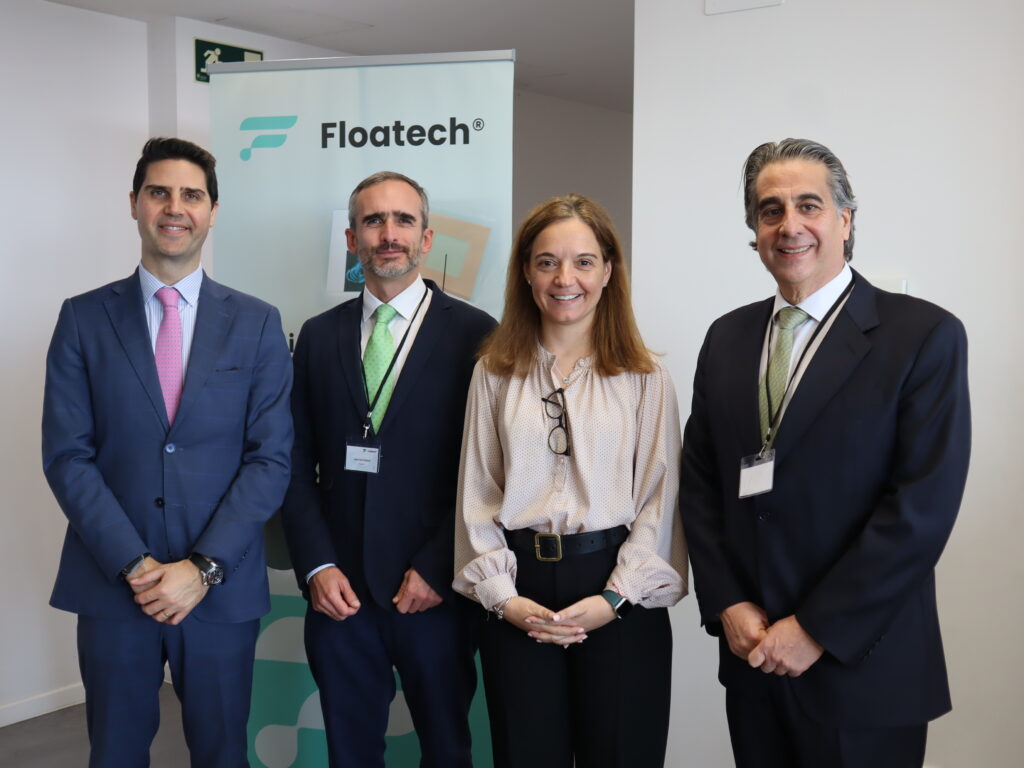

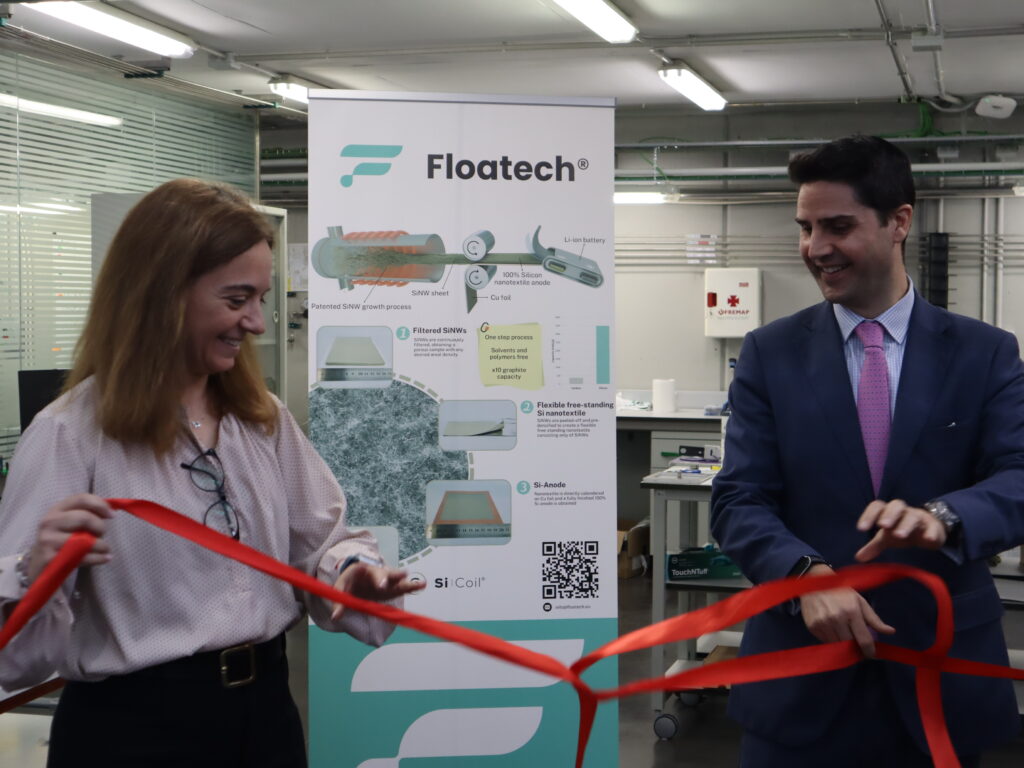
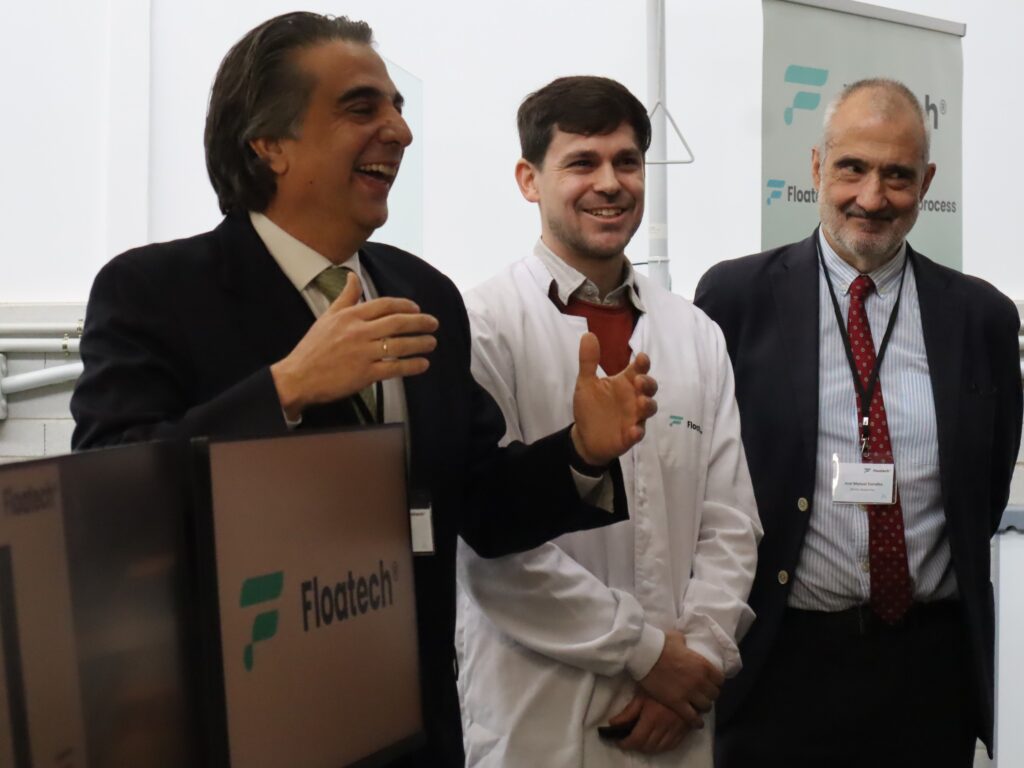
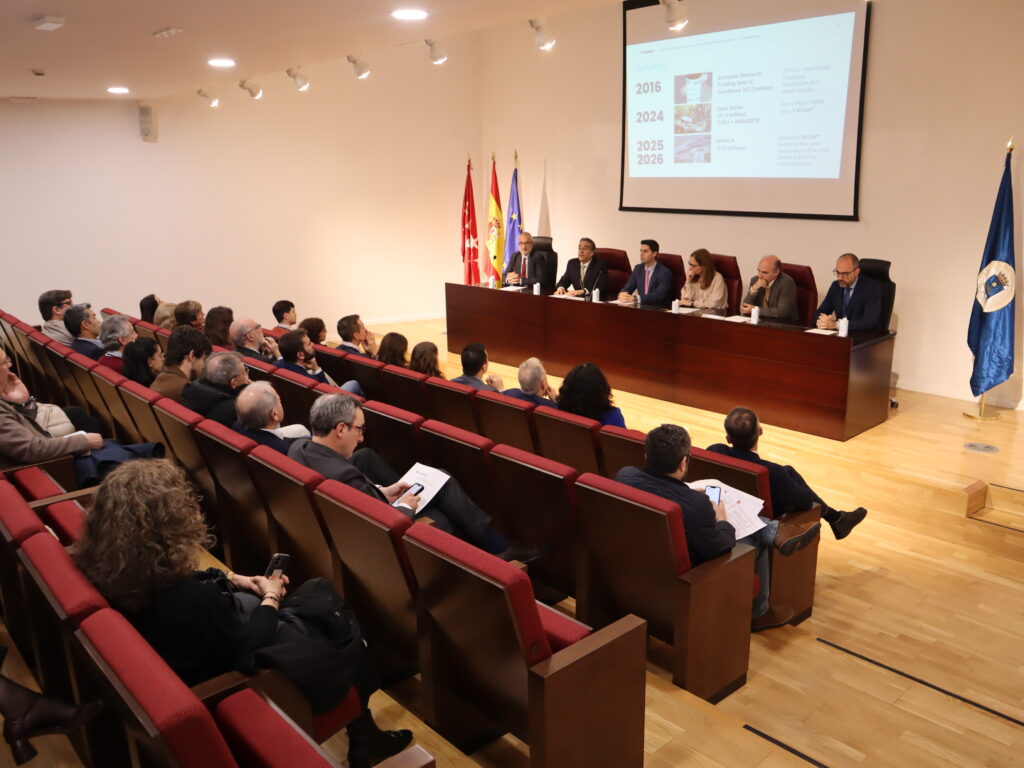
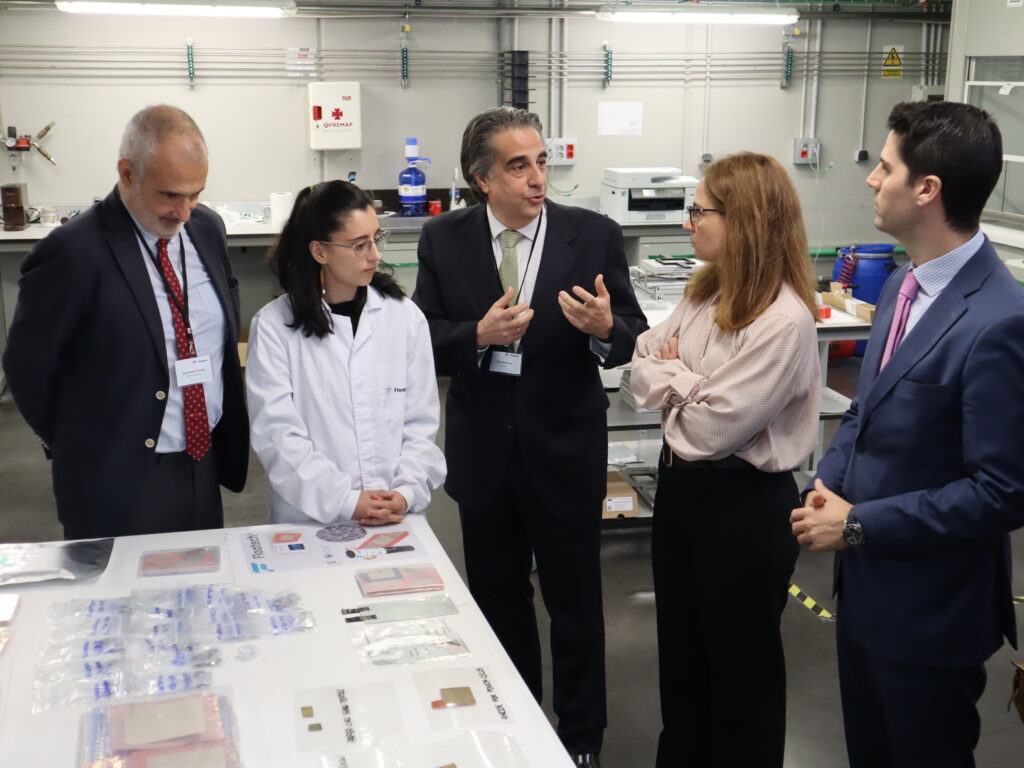
Floatech’s innovative production process, free from solvents and polymers, not only reduces costs but also significantly lowers CO₂ emissions, contributing to a more sustainable energy transition.
Dr. Juan José Vilatela, co-founder and CTO of Floatech, also emphasised the importance of reducing Europe’s dependence on critical materials, such as graphite, which is currently largely imported from outside the EU.
“Our next goal is to advance the technology so that next-generation electric vehicles incorporate this component to increase charging speed and improve range for users,” said Dr. Vilatela.
“At the same time, we aim to reduce our dependence on critical materials that we currently import from other regions, thereby increasing European sovereignty while also lowering the CO₂ emissions associated with battery manufacturing.”
“This will ensure that electric vehicles are far more competitive in terms of sustainability compared to internal combustion vehicles,” he concluded.
Floatech has already begun sales in Europe and the United States and plans to expand into the Asian market. The company has been recognized in innovation programs such as NEOTEC and initiatives from the Community of Madrid, and its technology originates from European Research Council (ERC) excellence projects.
Additionally, it has more than 60 applications from 3 families of international patents in the field of advanced nanomaterials and energy storage.
